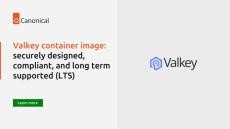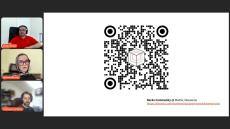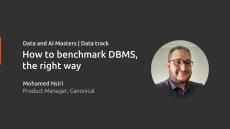- March 2025 (4)
- February 2025 (13)
- January 2025 (10)
- December 2024 (20)
- November 2024 (14)
- October 2024 (19)
- September 2024 (18)
- August 2024 (21)
- July 2024 (14)
- June 2024 (16)
- May 2024 (11)
- April 2024 (17)
- March 2024 (22)
- February 2024 (19)
- January 2024 (15)
- December 2023 (12)
- November 2023 (25)
- October 2023 (17)
- September 2023 (22)
- August 2023 (23)
- July 2023 (14)
- June 2023 (26)
- May 2023 (13)
- April 2023 (20)
- March 2023 (24)
- February 2023 (24)
- January 2023 (18)
- December 2022 (10)
- November 2022 (16)
- October 2022 (21)
- September 2022 (22)
- August 2022 (16)
- July 2022 (5)
- June 2022 (18)
- May 2022 (20)
- April 2022 (21)
- March 2022 (15)
- February 2022 (19)
- January 2022 (13)
- December 2021 (25)
- November 2021 (29)
- October 2021 (24)
- September 2021 (17)
- August 2021 (16)
- July 2021 (8)
- June 2021 (12)
- May 2021 (12)
- April 2021 (15)
- March 2021 (16)
- February 2021 (17)
- January 2021 (5)
- December 2020 (13)
- November 2020 (18)
- October 2020 (12)
- September 2020 (9)
- August 2020 (14)
- July 2020 (11)
- June 2020 (17)
- May 2020 (23)
- April 2020 (40)
- March 2020 (10)
- February 2020 (3)
- January 2020 (1)
- December 2019 (3)
- November 2019 (3)
- May 2019 (2)
- April 2019 (2)
- March 2019 (1)
- February 2019 (2)
We deliver open source to the world faster, more securely and more cost effectively than any other company.
We develop Ubuntu, the world’s most popular enterprise Linux from cloud to edge, together with a passionate global community of 200,000 contributors. Ubuntu means 'humanity to others'. We chose it because it embodies the generosity at the heart of open source, the new normal for platforms and innovation.
Together with a community of 200,000, we publish an operating system that runs from the tiny connected devices up to the world's biggest mainframes, the platform that everybody uses on the public cloud, and the workstation experience of the world's most productive developers.
Products:
- Ubuntu: The new standard secure enterprise Linux for servers, desktops, cloud, developers and things.
- Landscape: Updates, package management, repositories, security, and regulatory compliance for Ubuntu.
- MAAS: Dynamic server provisioning and IPAM gives you on-demand bare metal, a physical cloud.
- LXD: The pure-container hypervisor. Run legacy apps in secure containers for speed and density.
- Juju: Model-driven cloud-native apps on public and private infrastructure and CAAS.
- Snapcraft: The app store with secure packages and ultra-reliable updates for multiple Linux distros.
Drive down infrastructure cost, accelerate your applications.






















